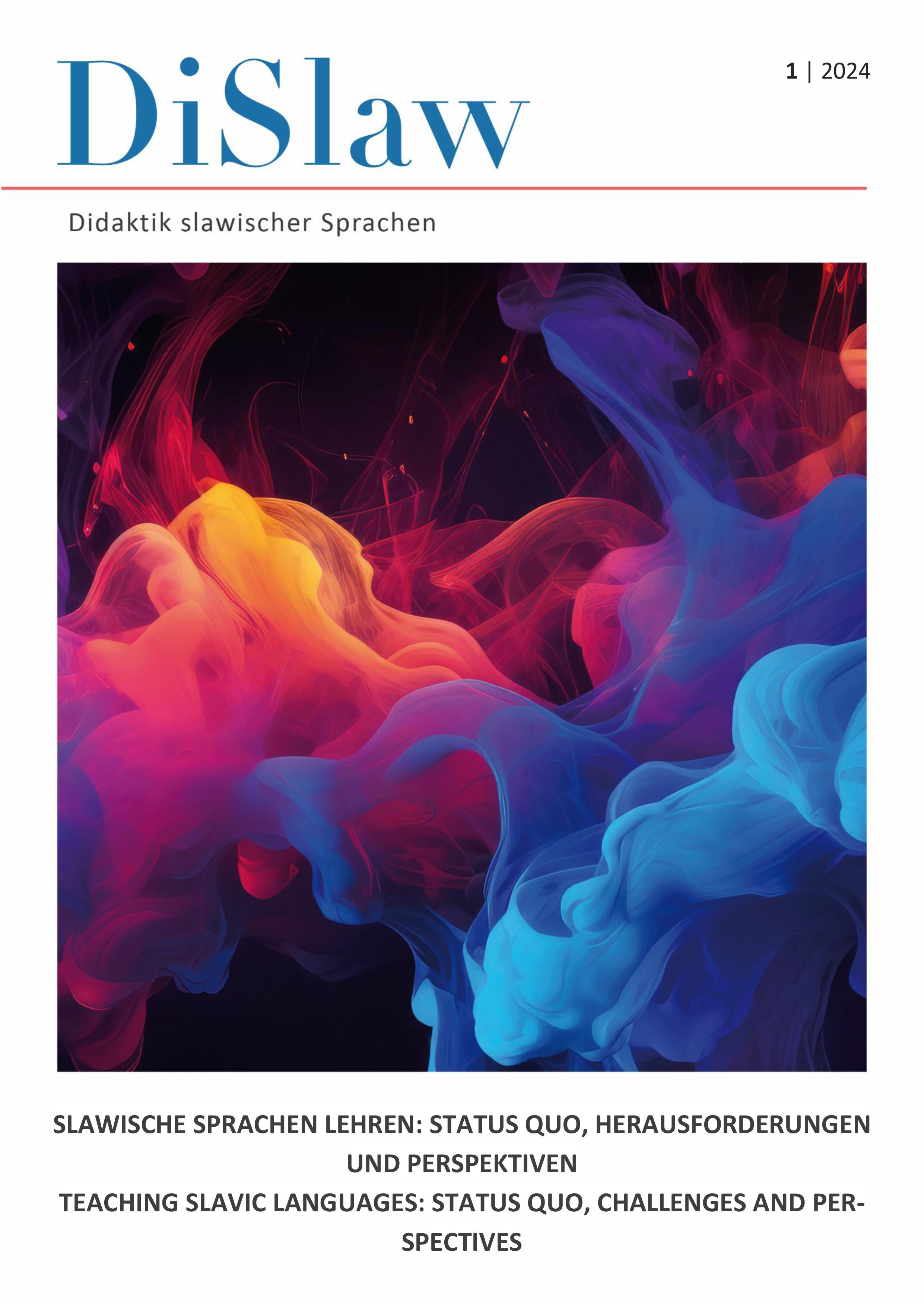Editorial TEACHING Slavic Languages
DOI:
https://doi.org/10.48789/2024.1.0Abstract
We are pleased to present the sixth issue of DiSlaw magazine, which this time is dedicated to ‘Teaching Slavic Languages’.
After decades of learner orientation or learner-centredness and related concepts such as individualisation or learner autonomy being the focus of foreign language didactics and language teaching research, there has been renewed research interest in teaching and teachers, and not just since the publication of the Hattie study (Caspari, 2016; Hattie, 2021; Klippel, 2016; Königs, 2014; Martinez, 2016). The complexity of teaching processes and teaching is reflected in numerous general didactic models (for an overview, see (Jank & Meyer, 2000); research is dedicated to topics such as successful teacher behaviour, professionalisation of teachers, methods in foreign language teaching, use of media or questions of assessment and evaluation (see Hallet et al., 2020; Kniffka, 2016).



